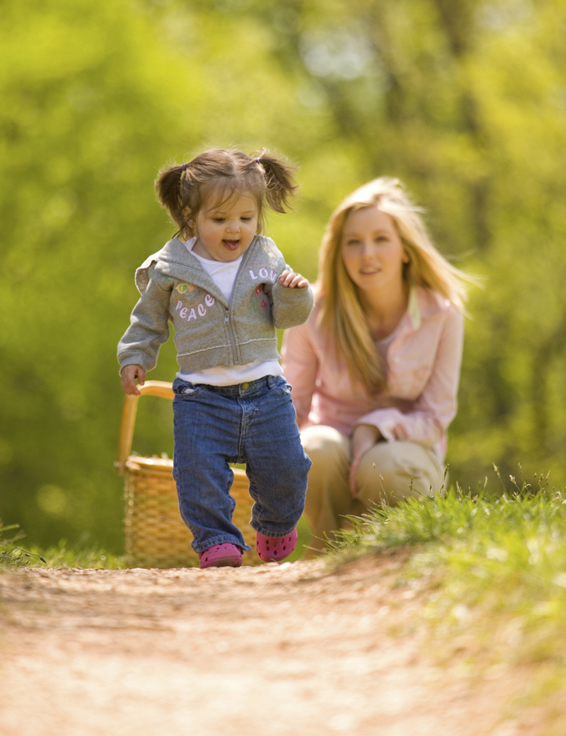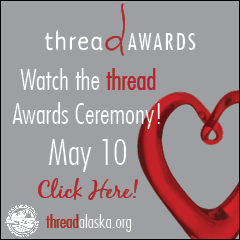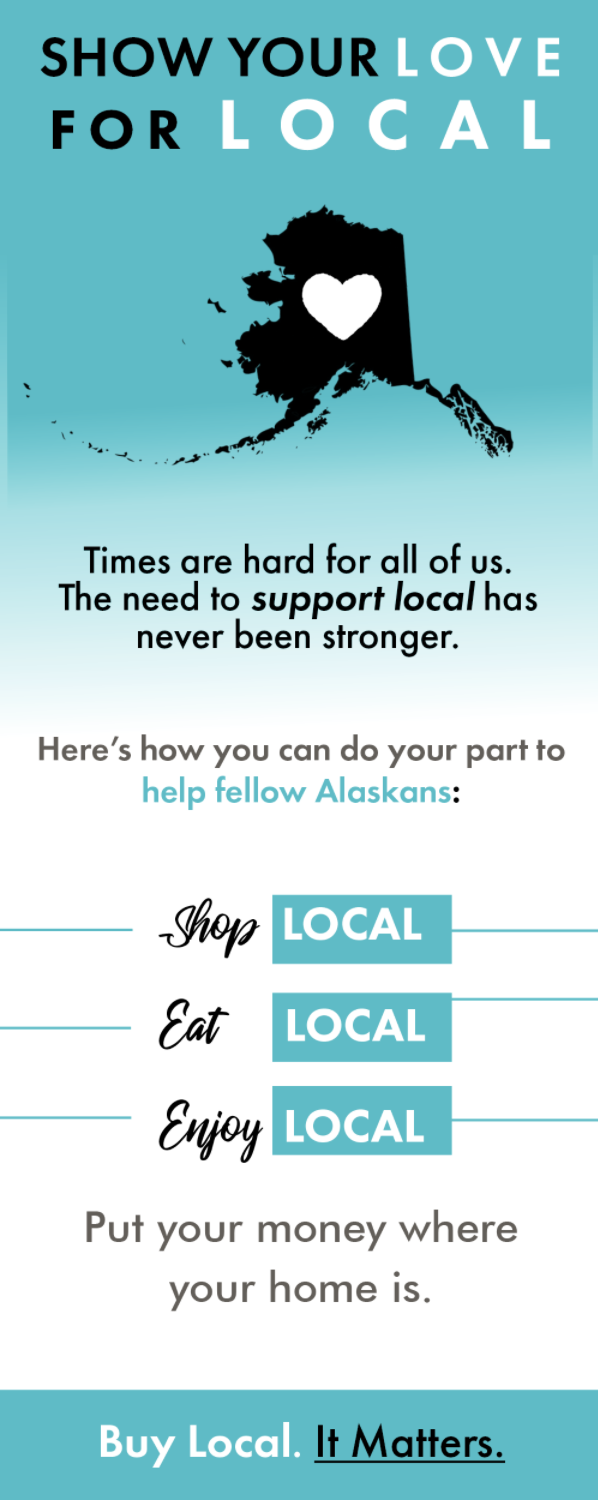
EARTH MAMA
Caring for baby, protecting Mother Nature
Story by Randi Jo Gause
If you think it’s tough being a mom of one, two or even ten, just imagine how Mother Nature feels raising her growing family of over 6 billion! While you clean up the mess Junior leaves in his playroom, contemplate what Mother Nature is coping with: acres of landfills, toxic chemicals and exhaust from power generation and use.
Mamas gotta stick together, and with a little work, your pregnancy and motherhood can be good for your family and your planet.
Many products and processes today present environmental hazards to both your baby and the environment. But by selecting your family’s food, toys and cleaning products carefully, you can ensure that you and your growing baby enjoy a healthy, happy environment – today and in the future. The truth is, we can make Mother Nature’s job a little easier by taking cues from the golden rules we offer our own tots.
Eat your veggies
At around six months, your baby will upgrade to solid foods. And let’s face it – chances are, your child will have ample opportunity to live off of canned food during their college dorm years. So until then, keep it natural with organic or fresh frozen baby foods, or make your own. A blender can turn most adult foods into baby foods at home. Like eating out? Small portable grinders fit in your purse and – voilà! – turn restaurant fare into delicious, nutritious mush right at your table. Be sure to discuss any dietary plans or changes with your doctor to make sure your baby gets all the nutrients necessary for his or her growing needs.
Always wear clean underwear
Considering that disposable diapers take 200 – 500 years to decompose, environmentally friendly cloth or biodegradable diapers are worth the investment, ecologically and financially. They can even be handed down.
Cloth diapers today come in bamboo, hemp and organic cotton, and feature diaper-rash resistant, technological advancements. Biodegradable diapers, which are made of bioplastics, are a more energy-efficient disposable diaper that breaks down when disposed of through a composting toilet or earthworm system. Some hybrid diapers also offer removable inserts that are biodegradable when flushed.
Be a thrifty spender
Luckily, going green doesn’t mean you have to spend a lot of green. Although it’s easy to fall prey to the cute-baby-clothing phenomenon, at the rate that your baby will grow out of (or stain…or rip) clothing, used clothing is the most sustainable option. Secondhand baby stores offer a bargain on gently used clothing options for your tyke, while giving the environment a break as well.
Clean up after yourself
With a new addition to the family, you’ll notice the laundry and cleaning chores piling up more quickly, which translates to more cleaning chemicals and energy expenditures. To make your household tasks more efficient, consider investing in an efficient washing machine. Beware of heavy synthetic perfumes that can irritate a baby’s sensitive skin in laundry detergent and fabric softeners. Harsh cleansers for bathrooms and kitchens can put off equally nasty fumes. There are plenty of non-toxic cleaning products that offer a gentle alternative.
Drink your milk
Breast or bottle? It’s a no-brainer: breastfeeding is best. Not only is it a precious bonding experience, it also has health benefits for mother and baby, has no environmental impact, and it’s free. As a bonus, breast-fed babies are usually more adventurous eaters when they transition to solid food. After all, breastmilk taste varies with mom’s diet, while baby formula is uniformly sweet. Breastfeeding products are also available in organic form, including organic cotton or wool breast pads and olive oil nipple creams. If you opt for bottle-feeding, choose fair-trade organic formulas.
Play safe
Since babies are notorious for exploring and discovering with their mouths, it’s important to ensure that your toys are free from chemicals and toxins. Some toys contain polyvinyl chloride (PVC) or other harmful chemicals that release toxic fumes into the air. Do your homework to ensure the toys you select meet or exceed regulated toy safety standards. The best bets are usually back to basics with old-fashioned wooden toys or other low-tech items. Also, encourage your children to play outside, where air quality is typically better than indoors.
Play in the dirt
Ok, so perhaps this isn’t a traditional rule, but it’s one worth adding to your list. Because when it comes to babies, there is such a thing as too clean. Research indicates that children brought up in over-cleaned homes are more likely to develop allergies, asthma or eczema. To ensure that your baby builds the proper immunities, allow them to play outside with other kids, and tolerate a little dirt.
As the world’s “green” trend continues, more and more products are emerging with baby-friendly and environmentally friendly benefits. As they do, new moms and Mother Nature will both benefit.








